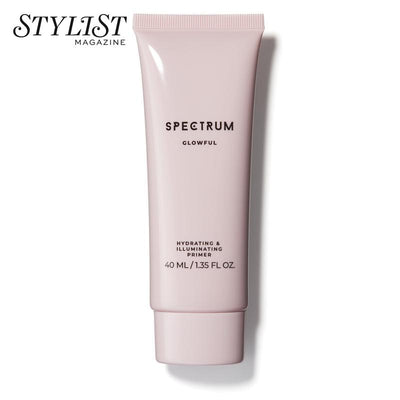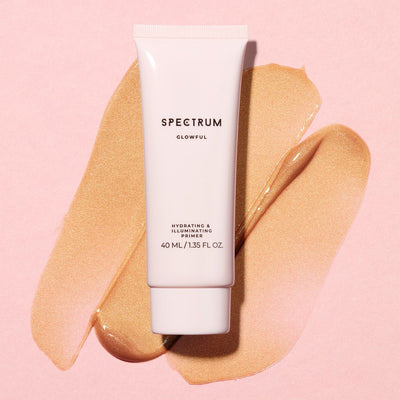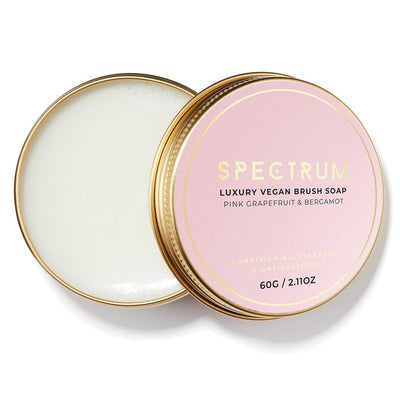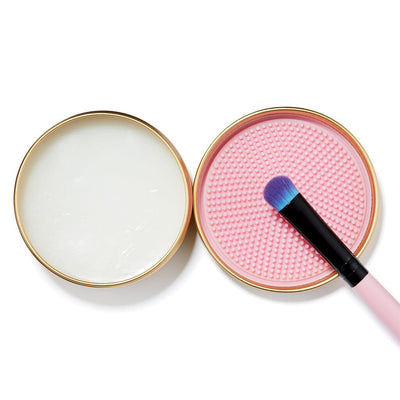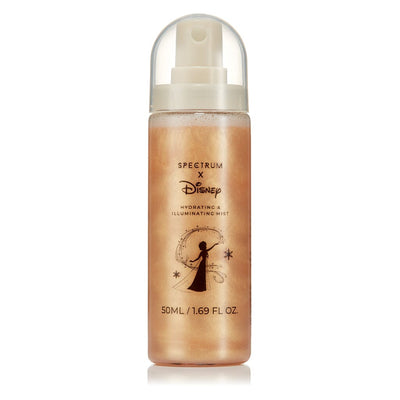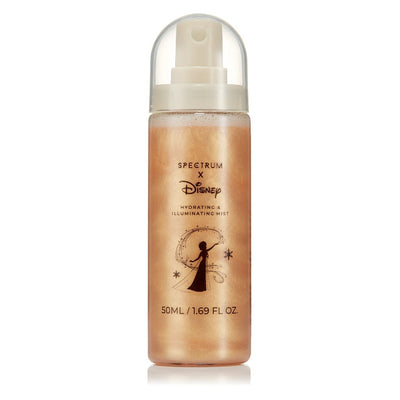Makeup Brush Storage Areas Could Be Dirtier Than Your Toilet

Our New Campaign Reveals How These Popular Makeup Brush Storage Areas Could Be Dirtier Than Your Toilet
When we surveyed our own customer base and it revealed 40% of respondents only clean their brushes every two weeks and 20%, every one to three months, we decided to test how dirty certain makeup storage areas actually are.
 Above Image: Swabs taken from a toilet, new brush, a vanity holder, makeup brush bag and makeup bag
Above Image: Swabs taken from a toilet, new brush, a vanity holder, makeup brush bag and makeup bag
Looking at five different areas, which included a vanity holder in the bedroom, a makeup bag, makeup brush bag, a brush drawer and a holder in the bathroom, our study revealed the unclean makeup brushes contained more bacteria than a toilet seat.
We decided to use two sets of foundation brushes for the experiment, cleaned and uncleaned - we basically cleaned one set of the foundation brushes, one week into the experiment and placed them back in their respective areas.
Results from the samples revealed all unclean makeup brushes had potential traces of E.Coli, yeast and mould which can lead to fungal infections, while the clean makeup brushes had significantly less bacteria present.
Image One: Swabs from brushes in a makeup brush drawer:

Image Two: Swabs from brushes in a makeup bag:

Image Three: Swaps from brushes in a vanity pot:

Image Four: Swabs from makeup brushes in a holder in the bathroom:

Image Five: Swabs from makeup brushes in an makeup brush bag:

Discussing why it’s so important to keep on top of cleaning our makeup brushes, the brand has partnered with Carly Musleh to reveal the impact these dirty makeup tools can have on our skin:
“Many of us use makeup brushes daily to apply a variety of different products but often leave them weeks or months before they are cleaned. Studies have shown the average makeup brush can contain dead skin cells, oil and bacteria which can be transferred between the product and the face. Additionally, where, and how we store them could add further implications.
“Not all bacteria are harmful, the human skin microbiome contains many different types of microbes which can help maintain a healthy skin barrier and protect us from pathogenic microbes that cause infections. Using dirty brushes could increase the risk of causing an imbalance to the healthy microbial community and lead to an increase in the number of pathogenic microbes which could cause breakouts or more serious issues like impetigo or Staphylococcal (Staph) infections.
“To reduce the build-up of bacteria it is important to clean makeup brushes regularly. Be sure to clean the centre and towards the base of the brush as this is often missed and can be where bacteria accumulate.
“Never submerge the ferrule (the metal part) as it can damage the brush. After washing, allow them to dry either on their side or upside down and store them in closed containers to reduce the risk of contamination from other objects or airborne particles.”
Talking about the campaign, Hannah and Sophie Pycroft, co-founders of Spectrum, said: “It was really important we did this campaign to visually highlight how dirty our makeup brushes actually are. There is a real need for more discussion about the importance of cleaning makeup brushes.
“It was not surprising that through our research it revealed that many of us don’t keep on top of this cleaning - with it being apparent that many of us don’t understand the impact not cleaning our brushes can have on our skin. It’s incredibly important to clean makeup brushes at least once a week to remove any bacteria present in the brushes.
“We’re all guilty of leaving it a bit too long. However, we hope with these images, this will encourage everyone to clean their brushes a bit more.”
View our how to clean your makeup brushes blog article here to find out more information on how to clean your makeup brushes properly.
Methodology:
-
Surveyed our own customer base on Instagram to find out where are the most popular places to store makeup brushes
-
Also asked what is the most popular brush people use
-
From the results, we placed two sets of foundation brushes in these popular storage areas areas for two weeks, cleaning one set of brushes halfway through and placing them back in the different places
-
Took direct swabs of the brushes and transferred them onto an agar plate
- Stored in a warm, dry and dark environment for a maximum of five days
